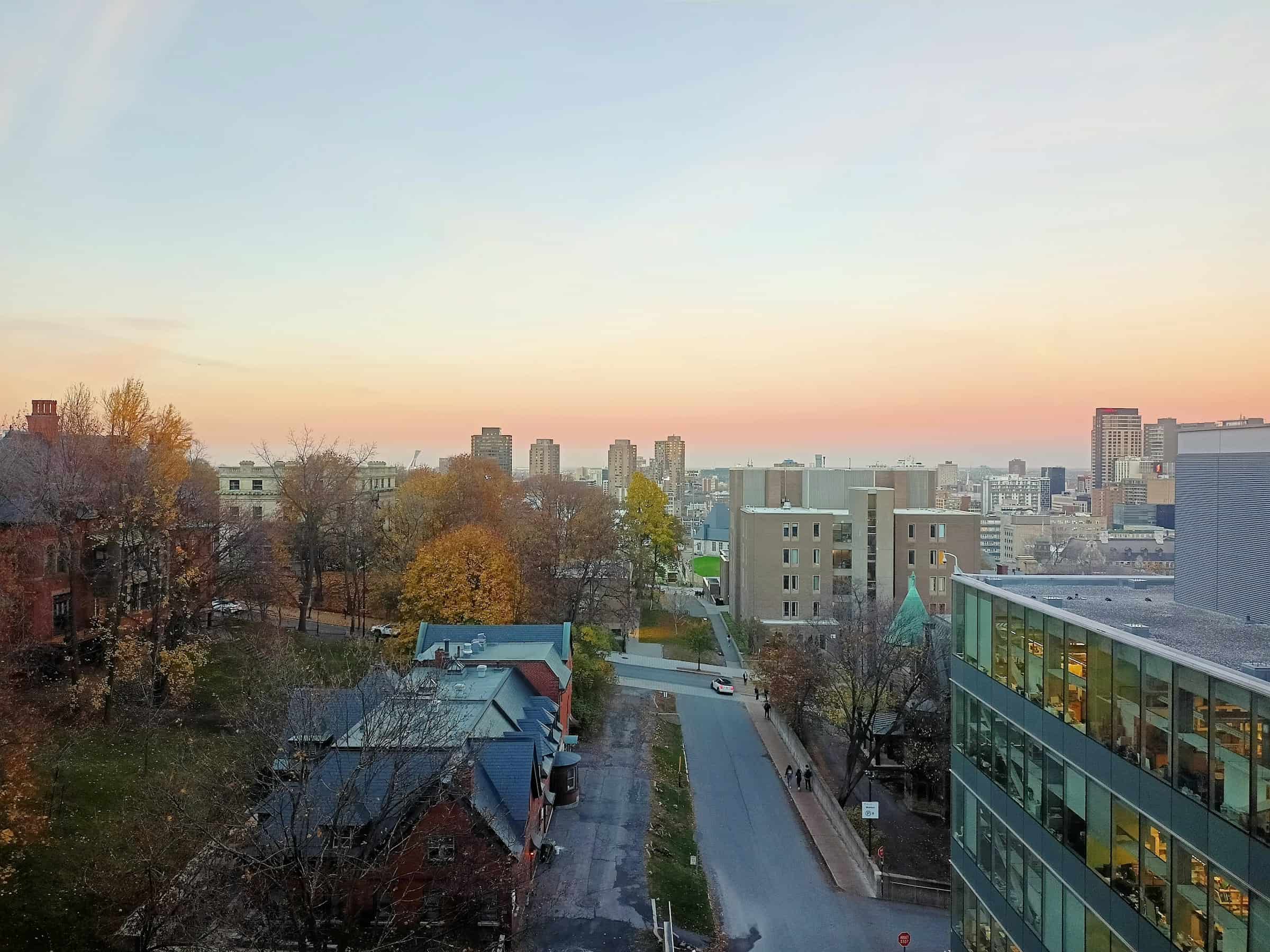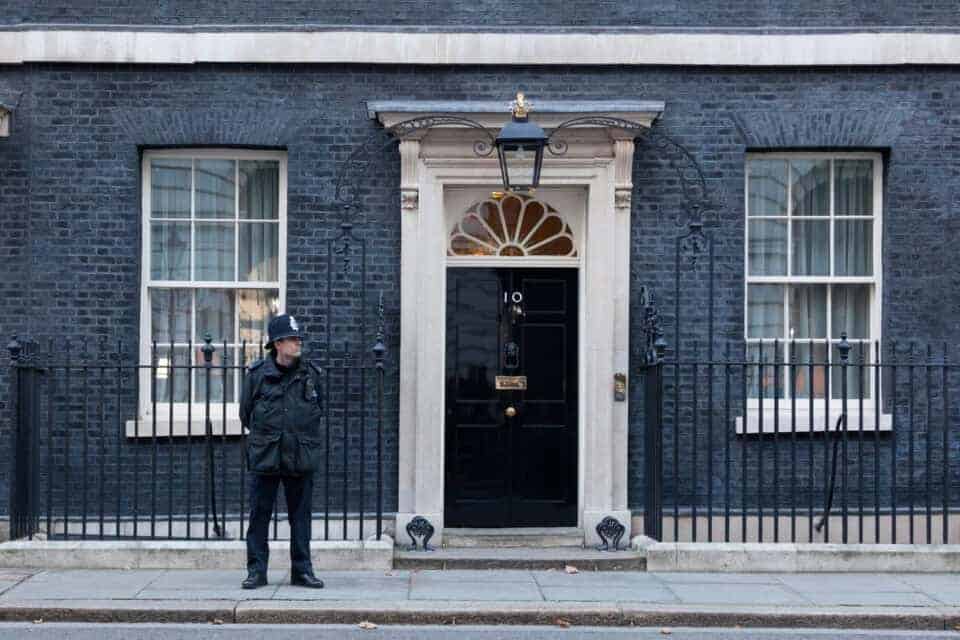Following protestations from sector leaders about a lack of specific information surrounding Canada’s cap on international study permits, the government has been continuously providing further clarifications on provincial attestation letters, PGWPs and spousal work rights.
With a lot of different new terms in the mix, The PIE explains some of Canada’s new rules.
Provincial attestation letters
International student applications submitted after January 22 must now include a provincial attestation letter with their study permit application.
The PAL, as it’s been coined by Immigration, Refugees and Citizenship Canada, is essentially to provide proof that the student has been accounted for under each province or territory’s allocation limit.
A government spokesperson confirmed on February 21 that each province and territory has now received their cap allocation in a letter from Immigration Minister Marc Miller, though they did not divulge what those cap numbers are.
Provinces and territories have been asked to have a plan in place for issuing the letters by the end of March, with the government also confirming an amended version of the certificate d’acceptation du Québec pour études would serve as a PAL.
Those who don’t need an PAL include K-12 students, master’s or doctoral degree students, visiting or exchange students staying in Canada for less than six months – those who are will need a PAL – and in-Canada study permit holders and their family members.
Provinces and territories will start issuing PALs by the beginning of April 2024, yet sector leaders have warned of the adverse effect on students who want to come to Canada but have put their studies on hold until provinces work out what their allocation is.
This, in turn, could lead to a “negative perception” of Canada as an international study destination, warned Alain Roy, vice president for international partnerships, Colleges and Institutes Canada.
Roy’s warning comes after a recent survey that revealed that 80% of prospective students are “concerned” about the government’s restrictions.
Work permits
Under the cap, new students enrolling in public-private partnership college programs – where public colleges licence their curriculum to be delivered by a private college – will no longer be eligible for a post-graduate work permit.
Concerns have been raised about the quality of education, insufficient student support, and lack of oversight of these institutions and the IRCC anticipates the new restrictions will bring a reduction in the number of international students enrolling in public-private partnerships.
“Provinces and territories will start issuing PALs by the beginning of April 2024”
Spouses and partners of international students enrolling in undergraduate and college programs will no longer be eligible for work permits, though spousal work rights will still apply to masters and doctoral students, the government has confirmed.
Masters graduates
Though the short-term adjustments to Canada’s policy changes may be painful, in a recent webinar hosted by The PIE and Student VIP, sector leaders said they were hopeful for the long-term positioning of the country as a welcoming destination for students immigrants.
In recognition of the contribution of international masters students to Canada’s labour market, a longer three-year PGWP is now available to graduates of master’s degrees that are less than two years long.
The length of PGWPs for programs other than masters degrees will continue to align with the length of the study program, to a maximum of three years.











